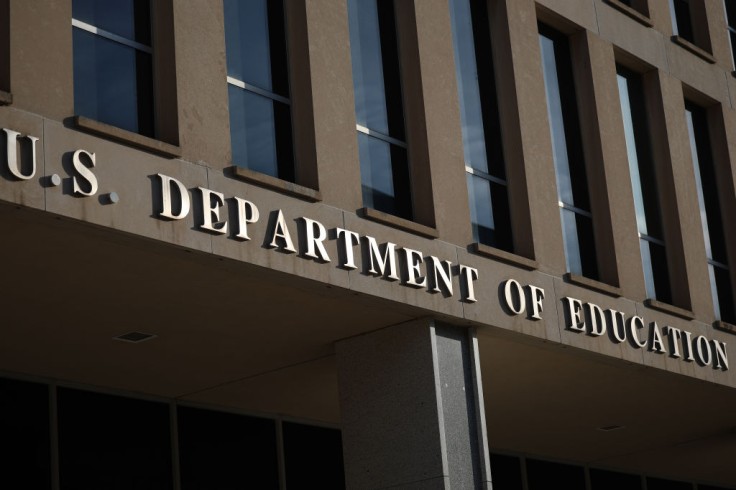U.S. Department of Education Eases Accreditation Switching for Colleges, Aims to Boost Competition
By
The U.S. Department of Education announced a significant policy shift on May 1, 2025, designed to make it easier for colleges and universities to switch accrediting agencies. This move, detailed in a Dear Colleague Letter (DCL), aligns with President Donald Trump's Executive Order, Reforming Accreditation to Strengthen Higher Education, which seeks to promote innovation and competition in higher education by reducing bureaucratic barriers.
The new guidance revokes policies from the Biden administration that required a detailed review process for institutions seeking to change accreditors. According to the Department, the updated process adheres strictly to the Higher Education Act (HEA) and existing regulations, which mandate that institutions provide materials related to prior accreditation and demonstrate "reasonable cause" for switching. The DCL clarifies: "the law and regulation describe the requirements regarding what constitutes reasonable cause for changing an accrediting agency. It is not the Department's prerogative to infer any other meanings from the basic requirements or contrive a multi-step investigation."
This streamlined approach aims to eliminate unnecessary obstacles, allowing institutions to select accreditors that better align with their mission and goals. "We must foster a competitive marketplace both amongst accreditors and colleges and universities in order to lower college costs and refocus postsecondary education on improving academic and workforce outcomes for students and families," said U.S. Secretary of Education Linda McMahon.
The policy change is part of a broader effort to reform the accreditation system, which plays a critical role in determining eligibility for over $100 billion in federal student loans and Pell Grants annually. The Department emphasized that it will no longer "micromanage" an institution's choice of accreditor, giving colleges greater flexibility to pursue innovative educational models.
However, the announcement also noted a temporary pause, effective October 29, 2024, on accepting and reviewing applications from new accrediting agencies. This decision was made due to a high volume of existing accreditors under review, suggesting a cautious approach to expanding the pool of accreditors while prioritizing the new switching process.
The initiative has sparked discussion in higher education circles. Proponents argue it will empower institutions to seek accreditors that support their unique objectives, potentially driving down costs and enhancing program quality. Critics, however, express concern that loosening oversight could complicate accountability, particularly as accreditation remains a key gatekeeper for federal funding.
As colleges navigate this new landscape, the Department's actions signal a commitment to reducing regulatory burdens and encouraging a more dynamic higher education ecosystem.
© 2026 University Herald, All rights reserved. Do not reproduce without permission.








